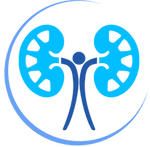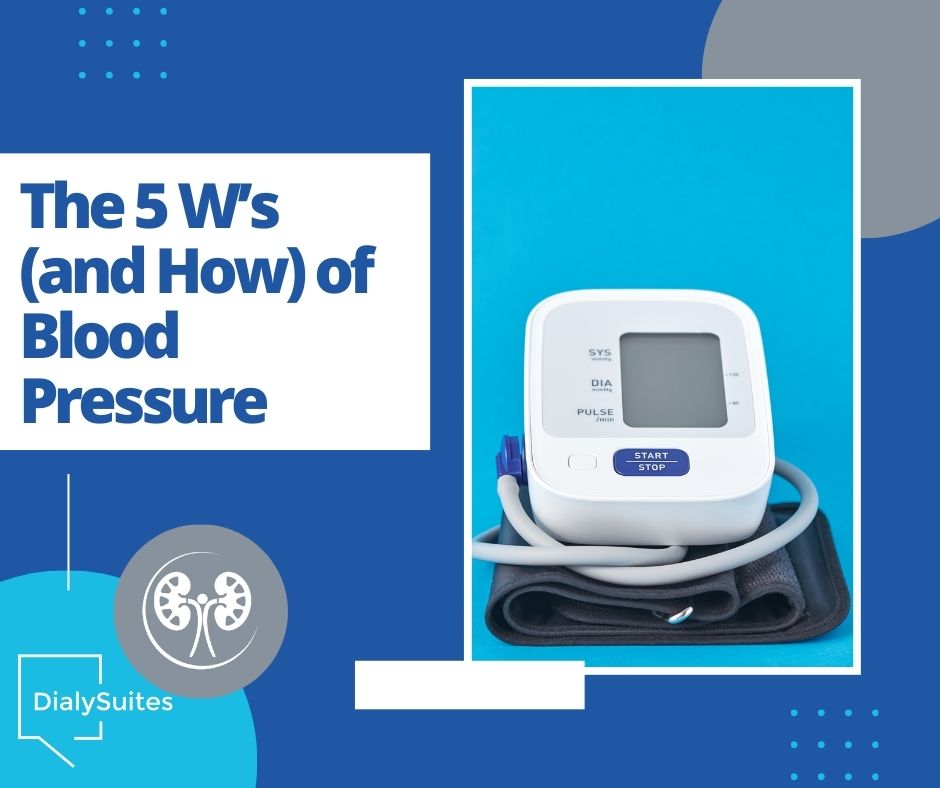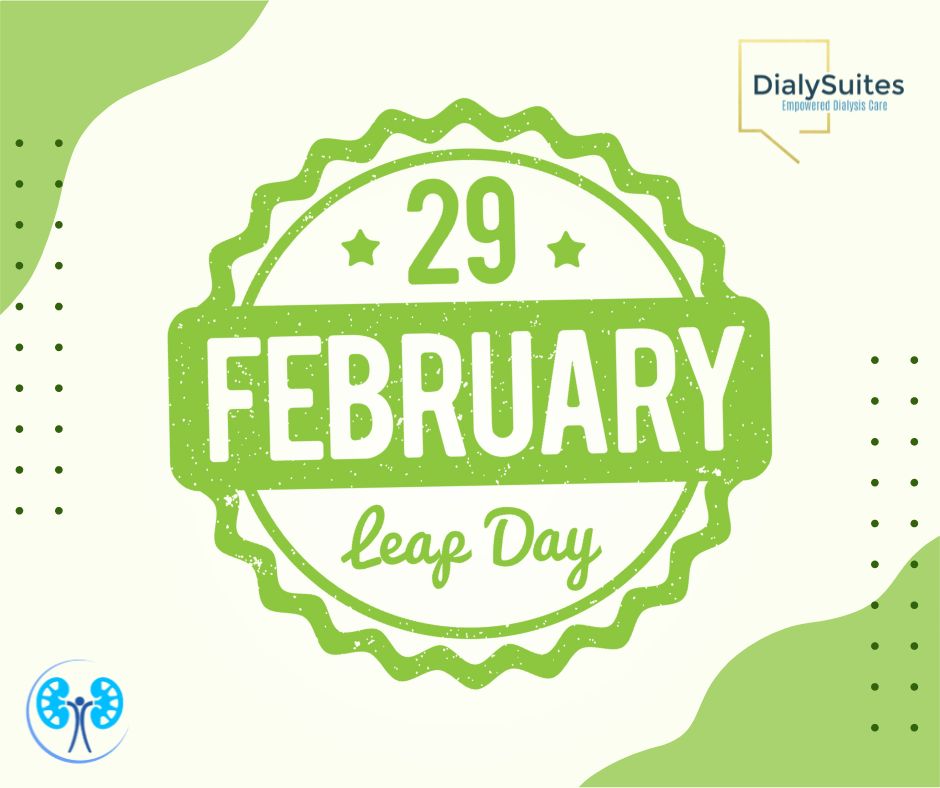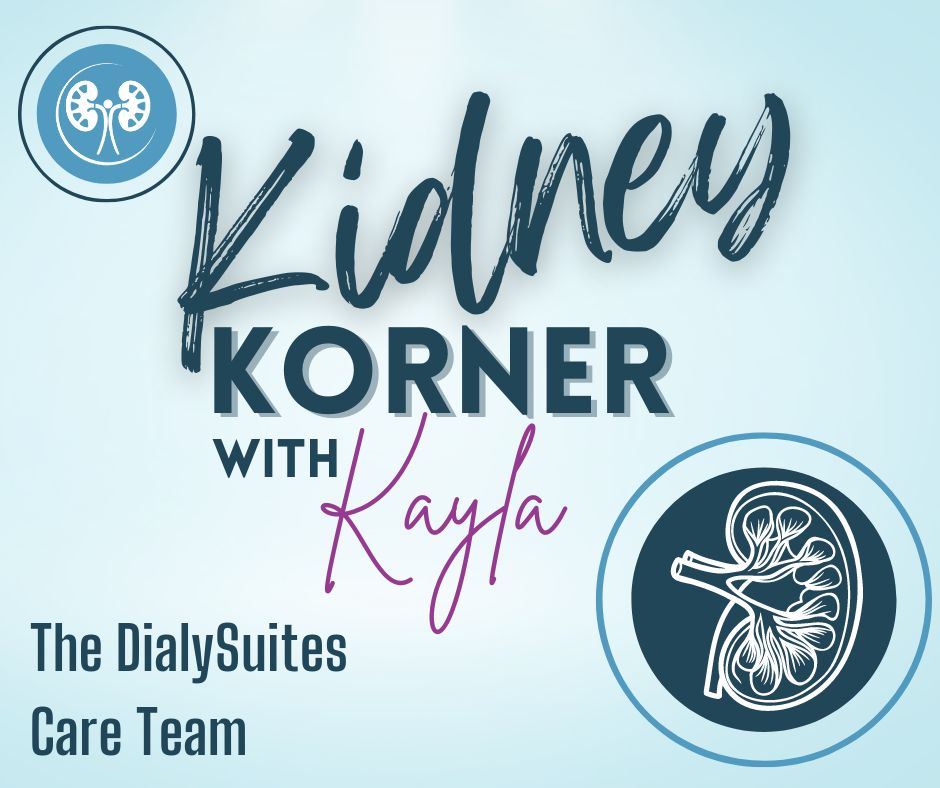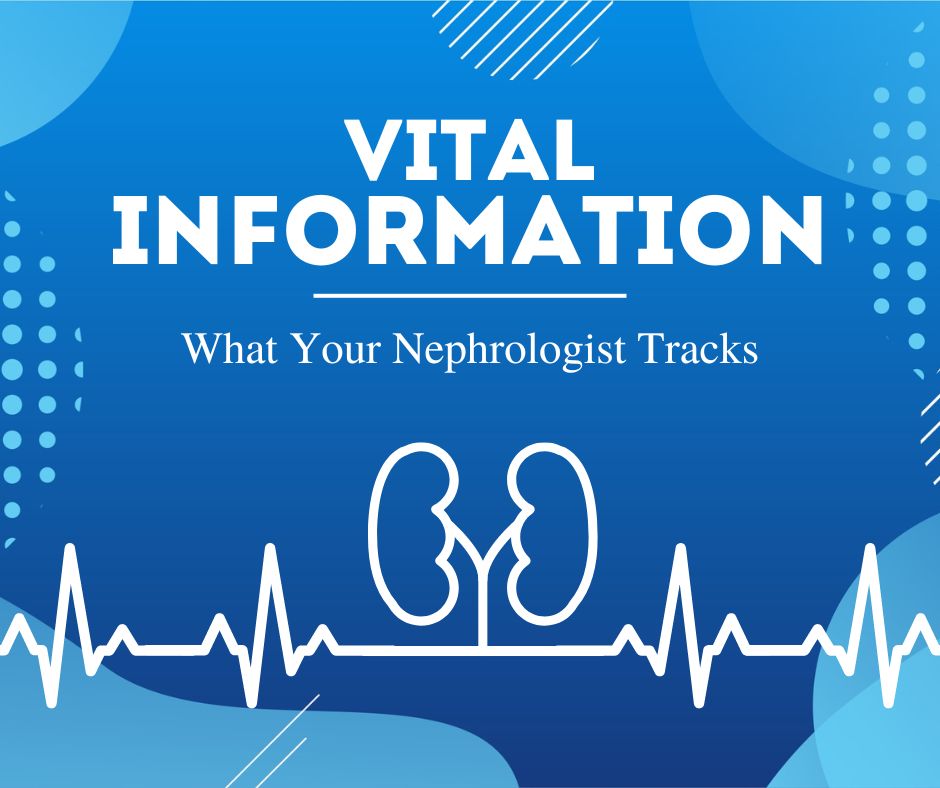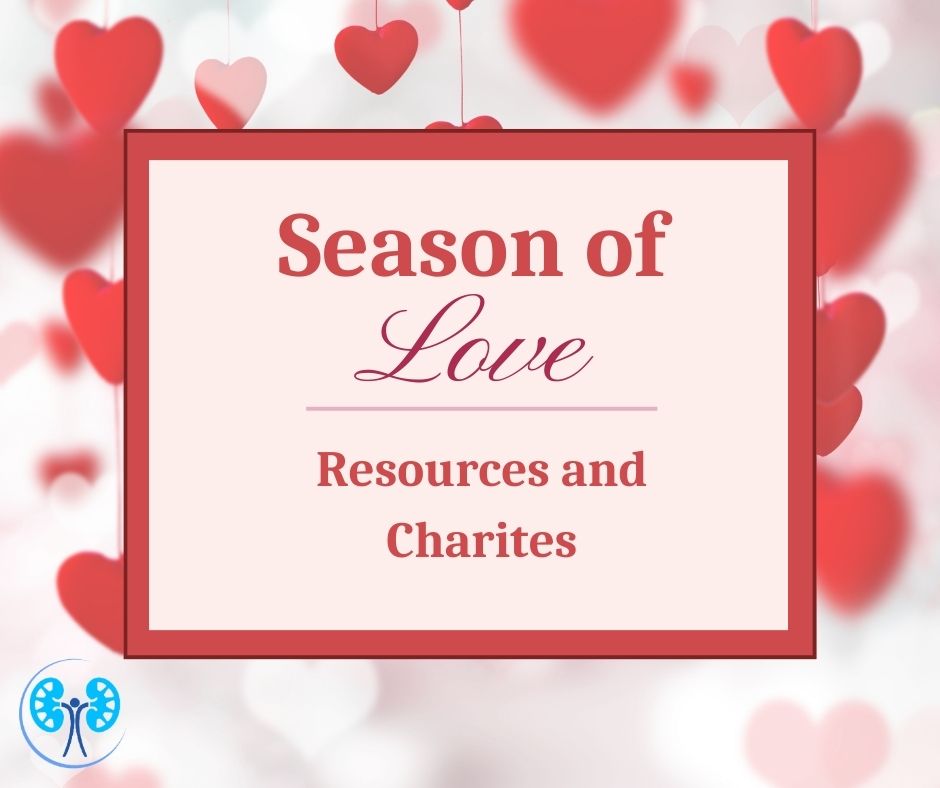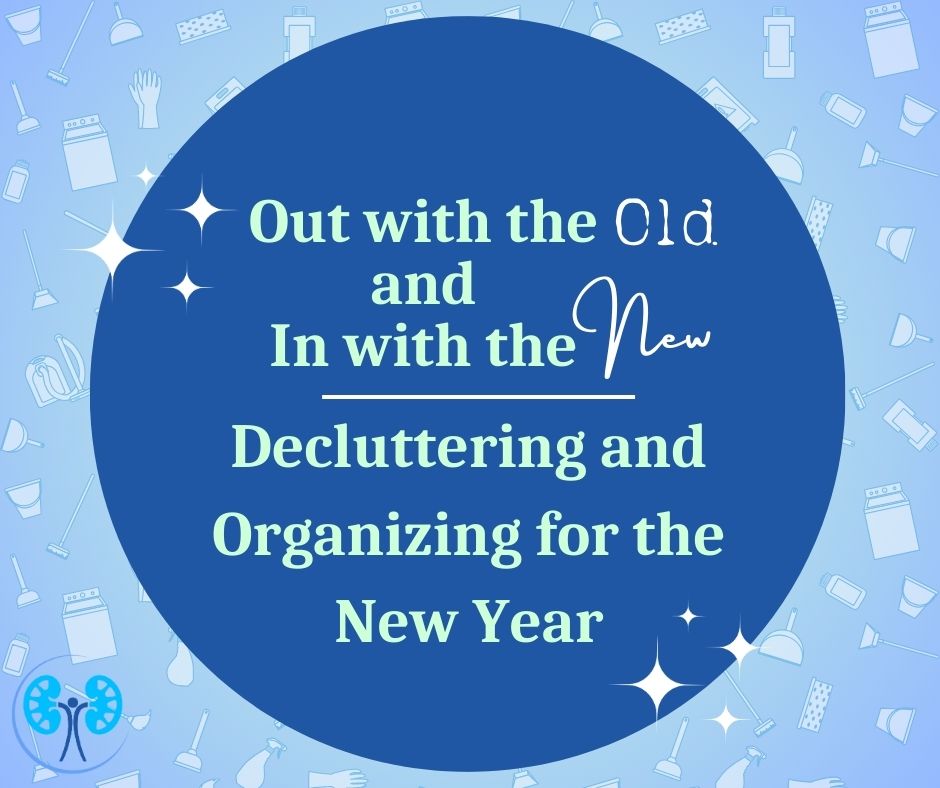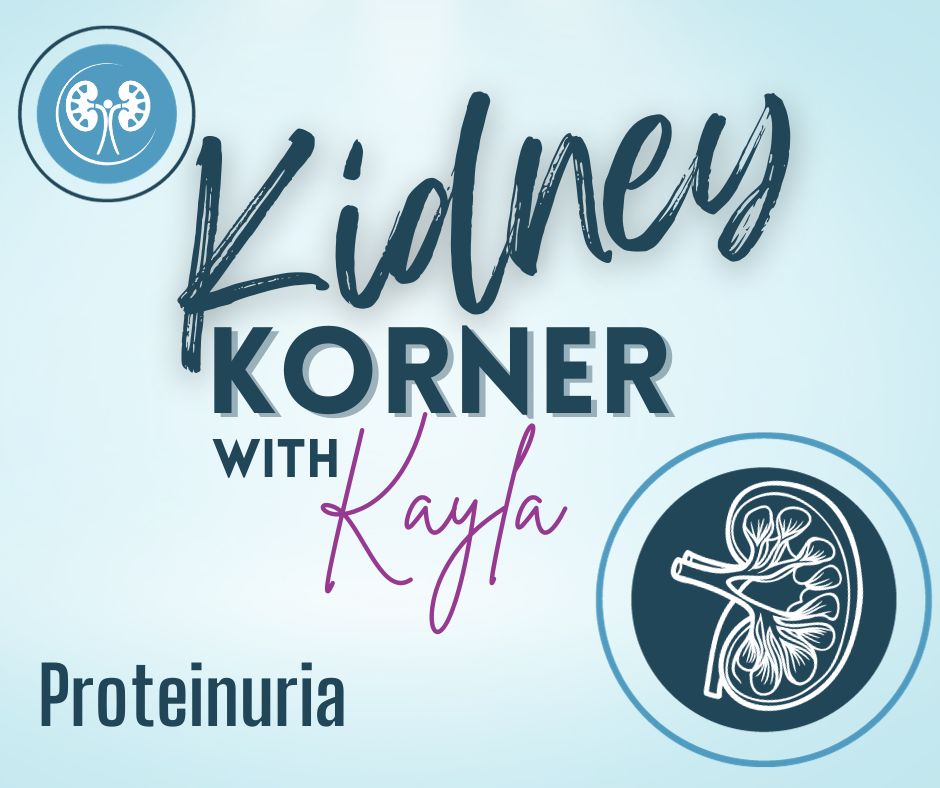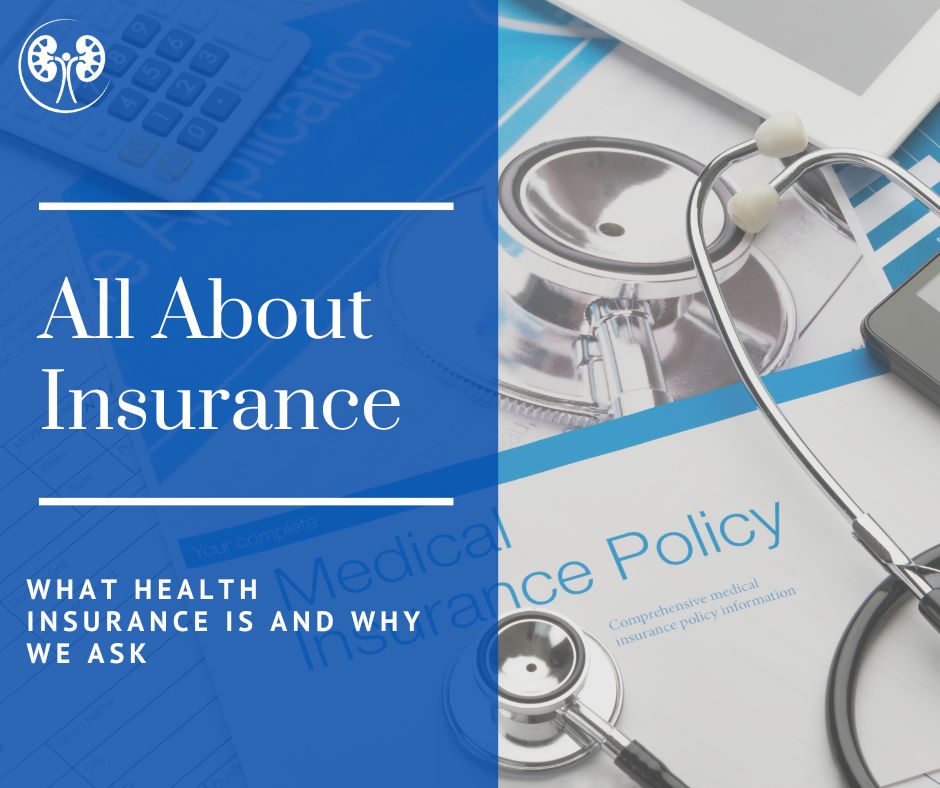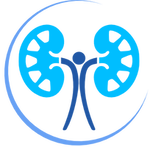|
What: Blood pressure measures the pressure of the circulating blood against the walls of the blood vessels. This is the measurement of the amount of force the body is using to get the blood through the arteries.
Who: Patients with hyper- or hypotension should take their blood pressure daily to monitor for any trends and changes. Patients with other heart or endocrine conditions should check their blood pressure regularly as well. When: Take your blood pressure one-two (1-2) hours after taking any blood pressure medications and when you are relaxed. By doing this, we can measure the effectiveness of the medications and make adjustments as needed. If the blood pressure is taken before medications have been taken and given time to enter the system, there is no way for us to know the effectiveness of your medication or treatment. If your blood pressure reading seems significantly out of your normal range, wait 5-10 minutes, breathe deeply, and then take it again. We will usually go with the second reading as being more accurate. Where: Take your blood pressure at a table or desk setting. You want to be in a seated position with uncrossed legs and with your arm, the cuff, and your heart around the same level. Why: By following these guidelines, we are able to get the most accurate results. Consistent, accurate readings help us make the most informed decisions regarding your care. Readings can be distorted and inaccurate due to body position, clothing/jewelry, altered medications, talking, moving, and more. How: Listed below are step-by-step instructions on how to take a proper blood pressure reading. You can also visit our Kidney Korner post for more information on how to take your blood pressure.
https://www.jaxnephrology.com/blog/kidney-korner-how-to-take-your-blood-pressure We are here to help get you on the right track. By understanding why and how to take your blood pressure, you are making the most important steps in the right direction. Do not make any significant changes without consulting your physician or care team. As always, stay healthy! Once every four years, we experience what we call a “leap year.” This is a year when an extra day is added to the month of February to account for the technicalities of rounding time when counting the days of the year. While we’ll leave the science of time to the pros, we’ll take you through some traditions and superstitions that have come about due to this special day as well as some ideas on how to spend your extra time.
Traditions and Superstitions: Still in the season of love, many leap year traditions are focused around love and relationships.
How to Spend Your Extra Time:
How do you plan on celebrating the special day? Share your leap year activities with us on Facebook! We hope you have a hopping time! Starting dialysis is a huge lifestyle change. Additionally, it means seeing new faces and trusting new members of your care team. Let’s get to know who is involved in your care at DialySuites and how they help you on your journey. Physician Your nephrologist, the kidney specialist, is the person who will prescribe your treatment and monitor your ongoing care. They will visit at least once a month to assess your health and the effectiveness of the dialysis prescription, making changes as necessary. Dialysis Nurse The dialysis nurses are responsible for overseeing the entirety of your care and the effectiveness of your treatment in conjunction with your nephrologist. They also provide monthly education to all patients to increase understanding of the treatment process, patient rights and responsibilities, dialysis access care, among a variety of other topics. Patient Care Technician (PCT) Your PCT is going to be the teammate that will be starting and ending your treatment. They assist with taking your vitals, connecting and disconnecting you, and monitoring your machine throughout your treatment. Social Worker The social worker plays a vital role in your care team. Your social worker is responsible for helping to navigate your and your family through the changes dialysis can bring. They are able to help find community resources and support. Dietitian Your dietitian is responsible for assisting you in finding the foods that meet your needs. Your dietitian will review your labs and make recommendations based on your personal needs. Additionally, they will work with your physician to find a medication regimen that works best for you to get you to your goals. Facility Coordinator The Facility Coordinator will be your point of contact for all things related to the facility. Your care team at DialySuites is dedicated to seeing our patients thrive on dialysis. Should you have any questions or concerns, please do not hesitate to reach out to a member of our team for assistance. The kidneys are a complex part of the body, playing a vital role in maintaining a variety of bodily functions. Nephrologists track a few major pieces of information that determine the kidney function. Since we cannot physically examine the kidneys, lab tests and blood pressure logs are the most vital pieces of information that we need to understand your kidney function. Let’s learn about what these pieces of information are and why they are so important to your kidney care.
Blood Tests Since we cannot physically examine the kidneys, we rely on blood tests to determine how the kidneys are actually functioning. There are four (4) main factors that paint a picture of the kidney function:
Urine Tests Since the kidneys create urine, urine tests are another good indicator to help determine kidney function. One of the most important factors included is protein. If protein is present in the urine, it can indicate that the kidneys are not functioning as they should be. One of Dr. Munjal’s analogies for this is as follows: “Think of your kidneys as a coffee filter. It has two jobs: let the coffee through and keep the grounds in. Similarly, kidneys want to get rid of waste, but keep the good things in. We check protein levels in the urine. Protein particles are large and should not be spilling through the filter. High protein levels in the urine are indicative of kidney damage.” Blood Pressure A number of factors can contribute to a change in blood pressure such as stress, anxiety, caffeine, medications, sleep, “White Coat Syndrome,” and more. To get the best picture of what your blood pressure is normally, we advise taking readings regularly at home. At home, you are more relaxed and in a familiar environment thus giving us a better understanding of what your day-to-day looks like. This gives Dr. Munjal the ability to make a more informed decision, rather than basing decisions on a single reading that could be altered by the factors listed above. Additionally, by taking readings on a schedule at home, 1-2 hours after medication is taken, we are able to better judge the effectiveness of the medication regimen. We request that labs ordered by Dr. Munjal be completed no less than one (1) week prior to your appointment. This, along with a record of regular blood pressure readings, gives us the most accurate picture of your current health status. As always, stay safe and healthy! “Kindness is free; sprinkle that stuff everywhere.”
February marks the season of love with Valentine’s Day falling in the middle of the month. We are so thankful for the love we are able to both share and receive. Oftentimes, we give gifts to show our love and appreciation. Listed below are resources that you can share the love with this year to help support those with kidney diseases. This year, we want to provide you with resources that you can share the love with to support others with kidney diseases. Nonprofits to Donate to: National Kidney Foundation (NKF) Renal Support Network (RSN) American Kidney Fund (AKF) American Association of Kidney Patients (AAKP) Ways to Get Involved:
Additionally, you can check out previous blog posts on Caring for the Caregiver, How to Help Loved Ones with Chronic Kidney Disease, and The Gift of Giving to continue to spread the love this season with patients, caregivers, and the community. *This post is not sponsored.* Habits and goals work together to become a dynamic duo when working towards accomplishing a task. Set a goal, then create habits to help facilitate the desired outcome. Let’s discuss the benefits of setting goals and creating habits.
Goals and habits can be particularly helpful for those with chronic illnesses that may need more in-depth and consistent healthcare. By creating healthy habits, like taking weight and blood pressure readings regularly, patients are able to better assist their healthcare teams in identifying trends and intervening more effectively and efficiently. This can help to increase time between required or recommended appointments as well as reduce emergency interventions, like hospitalizations. We have created a habit tracker for tracking weight and blood pressure that can be found on our website here. There are also a number of books and resources that delve deeper into the importance of habits and goals.
If you are setting goals that may alter your lifestyle or health significantly, please consult with your physician(s) before continuing to ensure it is safe. As always, stay healthy! “A clean space creates a clean mind.” ~Anonymous
The new year brings fresh starts and hopes for healthy habits. One way to set yourself up for success when creating these healthy habits (and sticking to them) is by creating an environment that is conducive to health, growth, and clarity. A good way to start this is through decluttering and organizing your space. A clean and clear space that brings you joy can help in reducing stress. By organizing your home, you may also find it easier to maintain proper medication regimens and healthy habits. Additionally, ticking items off of your yearly to-do list can bring a sense of pride and accomplishment, thus uplifting spirits and contributing to a healthier mindset. These can contribute to a more relaxed state and reduced blood pressure. Listed below are some tips and tricks to help you create a clean, organized environment to set yourself up for success in the new year. Tips and tricks:
Places to Donate/Sell Items after Decluttering: Salvation Army Goodwill Hospice Stores Habitat for Humanity (HabiJax) Hubbard House Consignment shops Resources to Help You Get Started:
While this may seem like a daunting task and too overwhelming to tackle; take a step back and break it down. Start small and work your way through piece by piece. Change doesn’t happen overnight. Give yourself grace as you learn what works best for you. Protein is a common topic when it comes to kidneys. Tracking protein intake can become more important as you progress through Chronic Kidney Disease and enter End Stage Renal Disease.
What is protein and proteinuria? Protein is a macronutrient, or a food nutrient group that we need in larger amounts. Protein is found throughout the body and powers many of the chemical reactions that we need to survive. Proteinuria is simply the presence of protein in the urine. High Protein Foods Animal-based: Poultry, fish, beef, pork, eggs, dairy products Plant-based: beans, lentils, broccoli, chickpeas, nuts/seeds, spinach, soy products/tofu, etc. How Dr. Munjal Helps: Dr. Munjal can order a urinalysis and protein urine studies to determine how much protein is spilling through. From there, he can begin to determine the root cause of the problem and decline in kidney function. Recommendations and changes can be made and progress will be reviewed after repeat testing. Munjal’s Musings Think of your kidneys as a coffee filter. It has two jobs: let the coffee through and keep the grounds in. Similarly, kidneys want to get rid of waste, but keep the good things in. We check protein levels in the urine. Protein particles are large and should not be spilling through the filter. High protein levels in the urine are indicative of kidney damage. If you have concerns regarding protein or recent urine studies, please do not hesitate to reach out to your care team for guidance. As always, stay safe and healthy. For additional information on the kidneys and their filtration function, please refer back to our previous post, Kidney Korner: Filtering Blood here. The new year marks the start of new insurance and benefits. Understanding you insurance policy is vital to receiving timely care at a reasonable cost. Let's talk all things insurance so you can be empowered this year.
What is insurance? Health insurance is a contract that agrees to pay a portion of health and medical expenses in exchange for a premium. This generally covers the cost of routine care, emergency services, specialty care, and the treatment of chronic illness. What kind of insurance are there? There are a wide variety of insurance policies available in today’s market. Two of the most common are Preferred Provider Organizations (PPO) and Health Maintenance Organizations (HMO).
Why do we ask? By asking about insurance, we are able to ensure that our patients are getting efficient and effective care. For example, the following may be affected by inaccurate insurance information:
How can you be proactive in your care?
While insurance can be a tricky subject, we hope this helps. If you have any further questions about your coverage, call your policy directly for more information. Don't forget to let your doctor's offices know if you have had any changes in any of your policy details! Your demographic information is a vital part of your care. It is protected by HIPAA and therefore cannot be shared or altered without patient consent.
What is considered demographic information?
Why is it important? Demographic information is vital for medical billing, insurance, communications, and patient identification. Out-of-date demographic information can lead to:
How you can update your information:
We try to update this information on an annual basis. You can review our previous post on HIPAA (https://www.jaxnephrology.com/blog/be-hipaa-and-know-your-rights) to learn how we protect your information. If you have questions, concerns, or any changes in the new year, please do not hesitate to call our office. |
About The BeanThe Bean is a blog on a mission to share valuable information in the world of Nephrology. We believe in empowering through education and The Bean is a great place to find resources and information on topics related to high blood pressure, kidney disease, dialysis, and topics that enhance the kidney minded lifestyle. Enjoy and be sure to subscribe! Archives
July 2024
Categories |
Contact Us |
Careers |
Connect With Us |
|
13241 Bartram Park Blvd., Suite 1001
Jacksonville, FL 32258 Open Map Tel: (904) 260-9898 Fax: (904) 260-9891 |
Interested in joining our team? Jacksonville Nephrology is dedicated to compassionate patient care through teaching and giving our team the tools needed to go above and beyond. Learn more about current openings. Learn More
|
